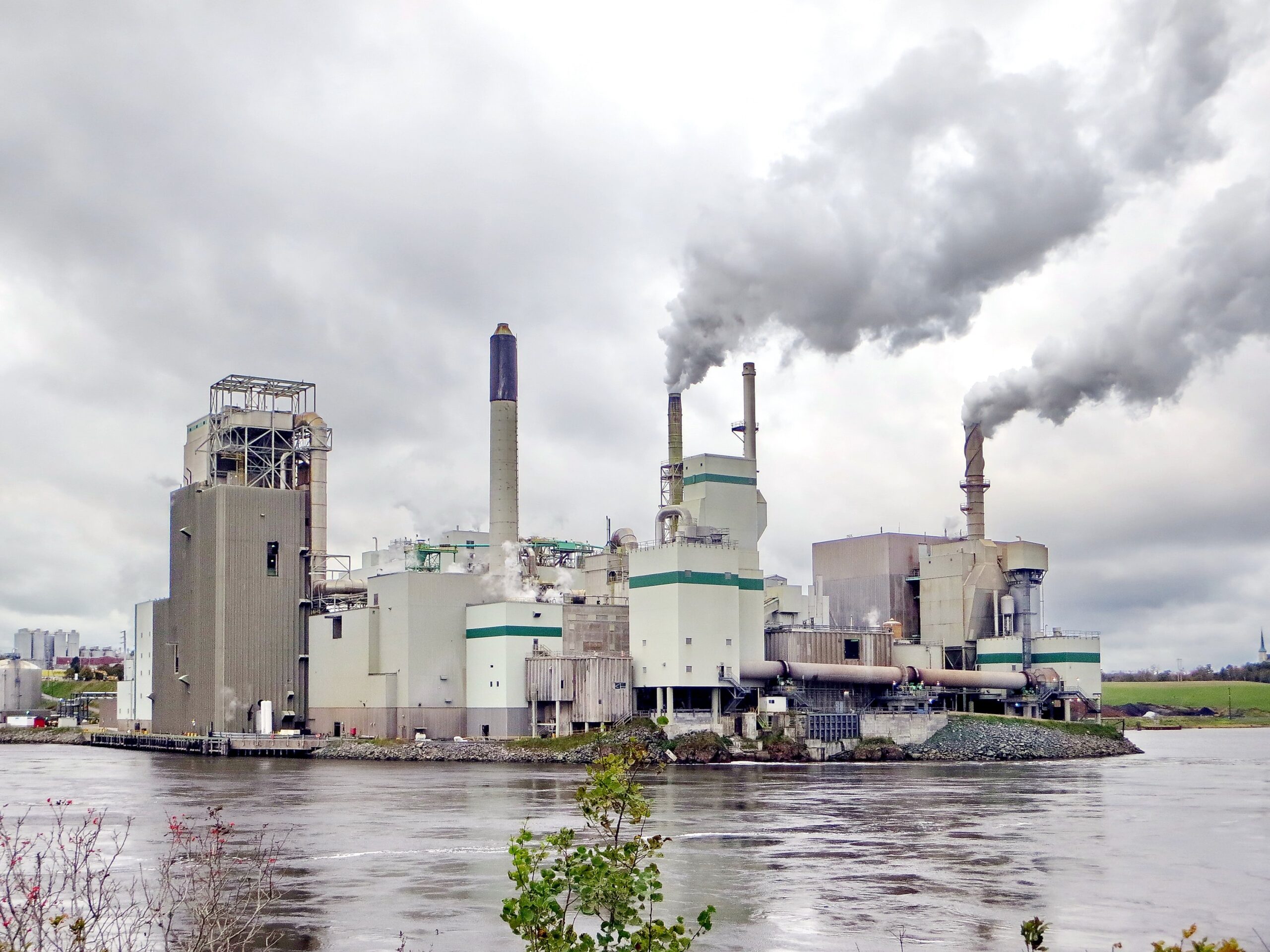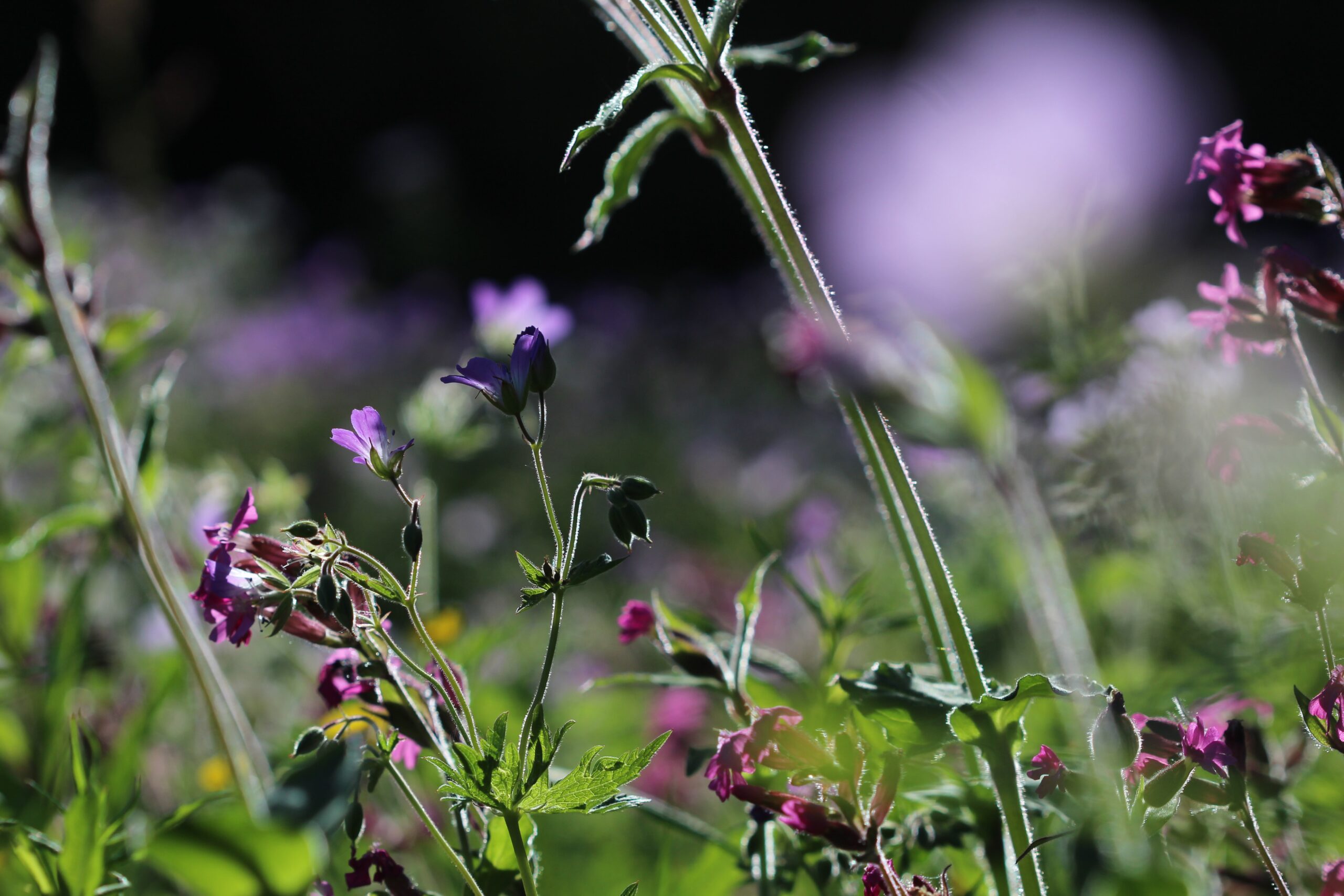Renewable power capacity is increasing globally in response to energy decarbonisation, with solar photovoltaic (PV) projected to be the dominant renewable. A significant proportion of solar PV is deployed as ground-mounted solar parks with potential implications for the hosting ecosystem. Given their relatively rapid introduction, the impacts on land use and the local environment are poorly understood. However, if deployed and managed strategically, solar parks could offer unique opportunities to enhance the local environment and benefit biodiversity, with implications for ecosystem components such as pollinators. With a focus on north-west Europe, we systematically review the available evidence on how land management practices relevant to solar parks can enhance pollinator biodiversity. We assessed 185 articles for the quantity and agreement of evidence for 27 management interventions and assigned a confidence score to each finding. We show that a range of interventions applied to solar parks could increase their ability to enhance pollinator biodiversity. We then use our assessment to synthesise ten evidence-based recommendations on how to improve solar park management for pollinators by providing foraging and reproductive resources, undergoing considered management practices, increasing landscape heterogeneity and connectivity and providing microclimatic variation. Ensuring beneficial management of rapidly growing solar parks contributes to their wider environmental sustainability, with positive implications for both pollinator conservation and the energy sector in general.





































































































































































































































































































































































































































































































































































































































































































































































































































































































































































































































